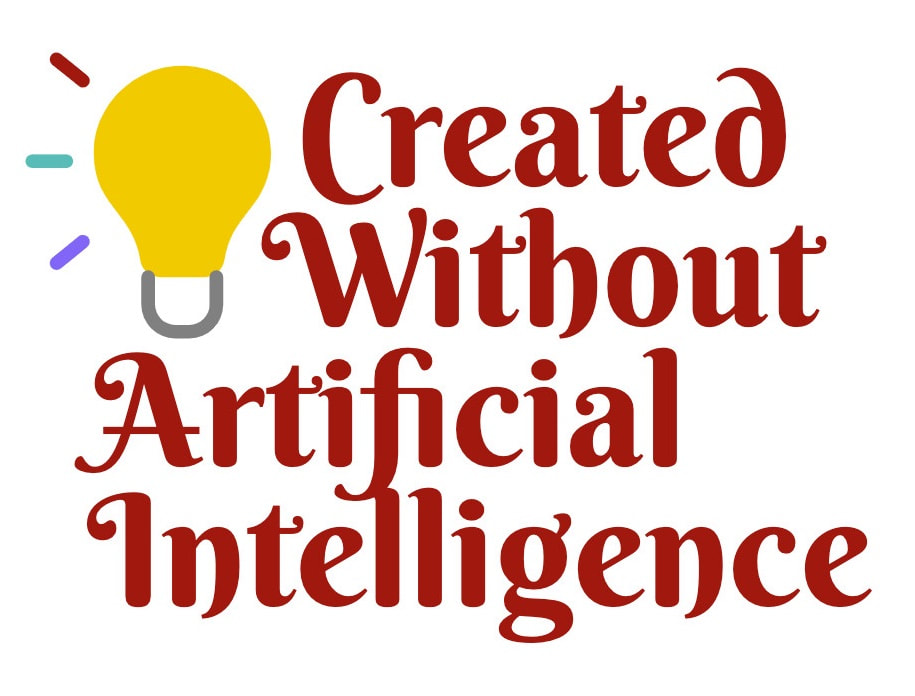 Click the image above for Fenn Rosenthal's "Dinosaurs in Love" on YouTube. Animation by Hannah Jacobs, Katy Wang, Anna Ginsburg. Click the image above for Fenn Rosenthal's "Dinosaurs in Love" on YouTube. Animation by Hannah Jacobs, Katy Wang, Anna Ginsburg.
By Melissa Walsh
Four-year old Fenn Rosenthal conceived the 2020 smash single “Dinosaurs in Love.” The song went viral weeks ago after Fenn's dad, her piano accompanist, released her performance on Twitter. Fenn's vocal delivery is adorable and her song-writing meaningful. In an NPR interview, Fenn’s dad, explained how the lyrics express Fenn’s processing of love and loss following the death of her grandfather. I picked up on something more abstract about love's truth from Fenn's song — that love’s presence (and reward) is peace and its absence disharmony. I recalled how philosopher Jean Varnier, who died last May, describes true love in his book Finding Peace. "Peace is the fruit of love,” Varnier writes, “a love that is also justice. But to grow in love requires work — hard work. And it can bring pain because it implies loss — loss of the certitudes, comforts, and hurts that shelter and define us.” The triteness in the way we celebrate Valentine’s Day today generally misses this truth. For many, it’s a have-to-buy-a-card holiday; for many others, it’s a litmus test of the health of a romantic relationship. Though conflicting legends abound about who St. Valentine was, we know that the Roman festival of lovers, Lupercalia, was renamed St. Valentine’s Day by Pope Gelasius I in the late 5th century. Since the 14th century, St. Valentine’s Day has celebrated romantic love. The first Valentine’s Day greetings cards were produced during the late-18th century, according to Encyclopedia Brittanica. The namesake of this so-called “Hallmark holiday” was likely a church martyr. The kind of love he lived out might have been what C.S. Lewis describes in his book The Four Loves as “Divine Gift-love,” or unconditional love in action. This is the type of love the Greeks categorize as Agape. The word communicates the sacrificial and most vulnerable form of love. The other three words for love in the Greek lexicon are Storge - familial love; Philia, friend love; Eros, romantic love. Lewis believed that Agape is a reflection of God’s love, essentially a reflection of who God is — Love revealed, Love in motion. Lewis argued that human love usually and naturally demands reciprocity, falling far short of Divine Gift-love, which living in a free-will cosmos, makes no such demand. The unconditional love a parent has for a child is the best way for the finite human mind to make sense of this Divine Gift-love, or Agape perfected. With unconditional love, we are not guaranteed love returned to us. We are vulnerable. Lewis warns, “There is no safe (love) investment.” “Love anything, and your heart will certainly be wrung and possibly broken,” he writes. “If you want to make sure of keeping it intact, you must give your heart to no one, not even to an animal. Wrap it carefully around hobbies and little luxuries; avoid entanglements; lock it up safe in the casket or coffin of your selfishness.” In that casket or coffin, Lewis explains, where the heart is safely locked away in a dark, motionless place, love dies. In other words, safe love is immobile and terminal. Vulnerable love is free and eternal.
0 Comments
|
Categories
All
Like what you've read? Become a supporter.
Thank you.
Archives
June 2023
|
 RSS Feed
RSS Feed
